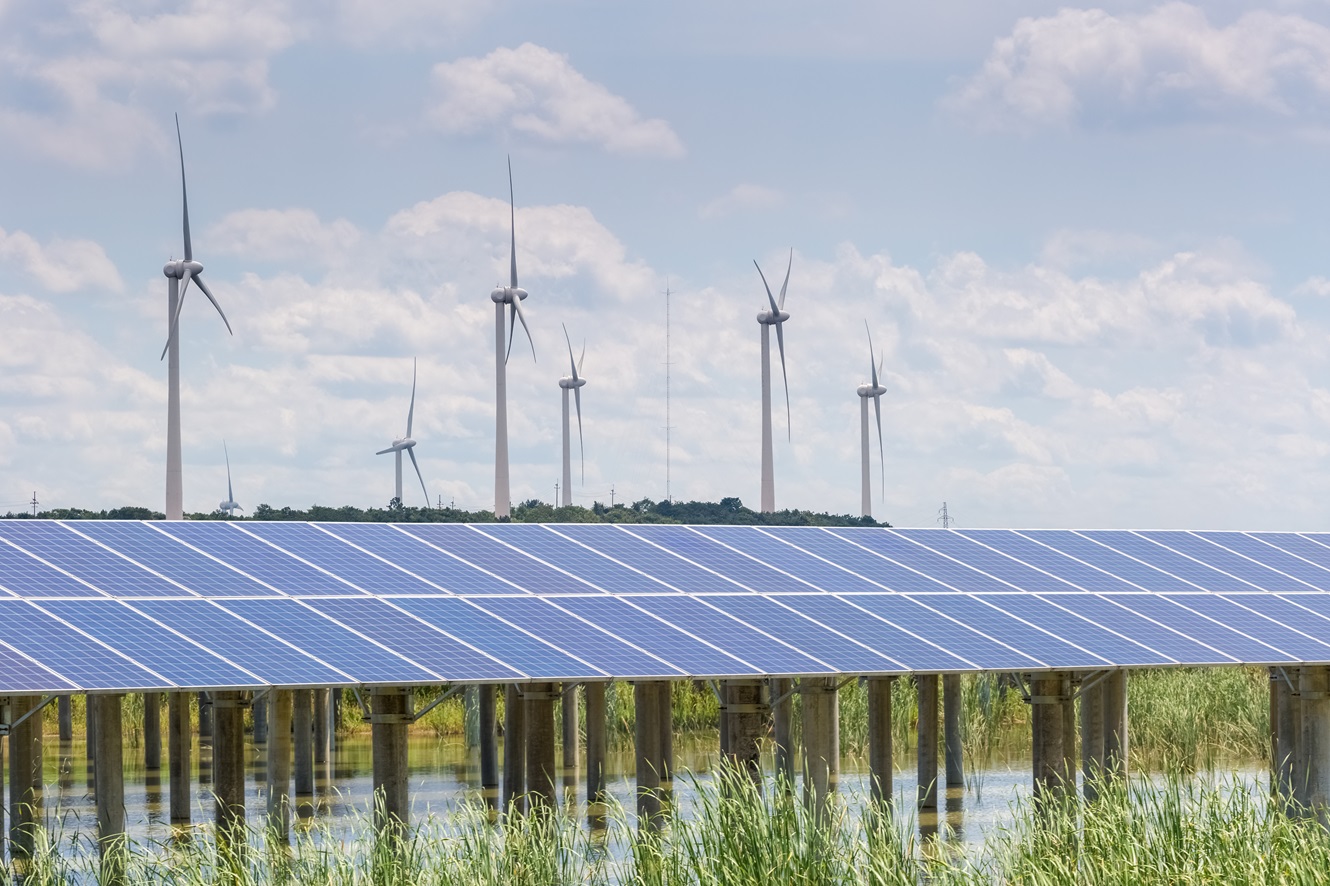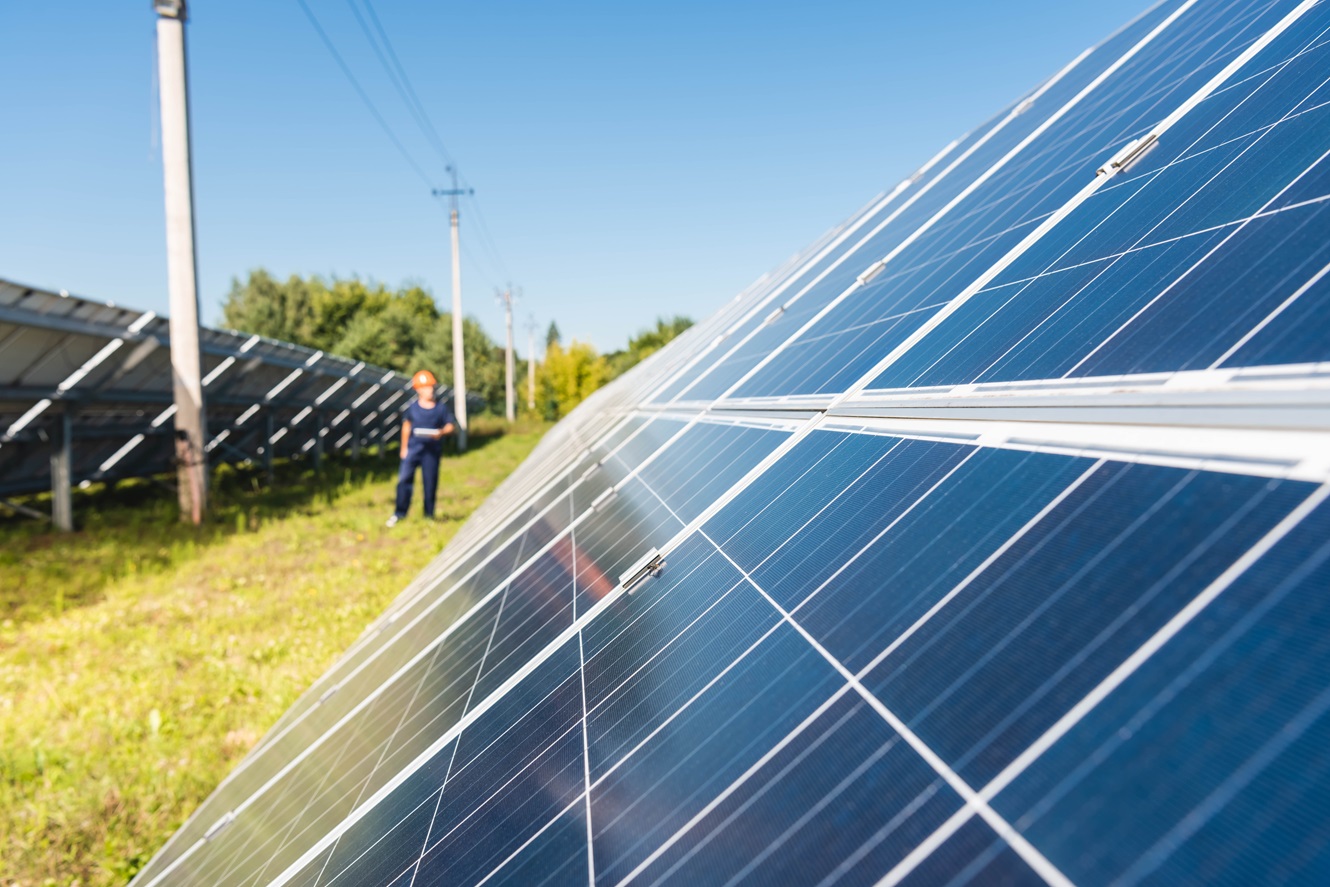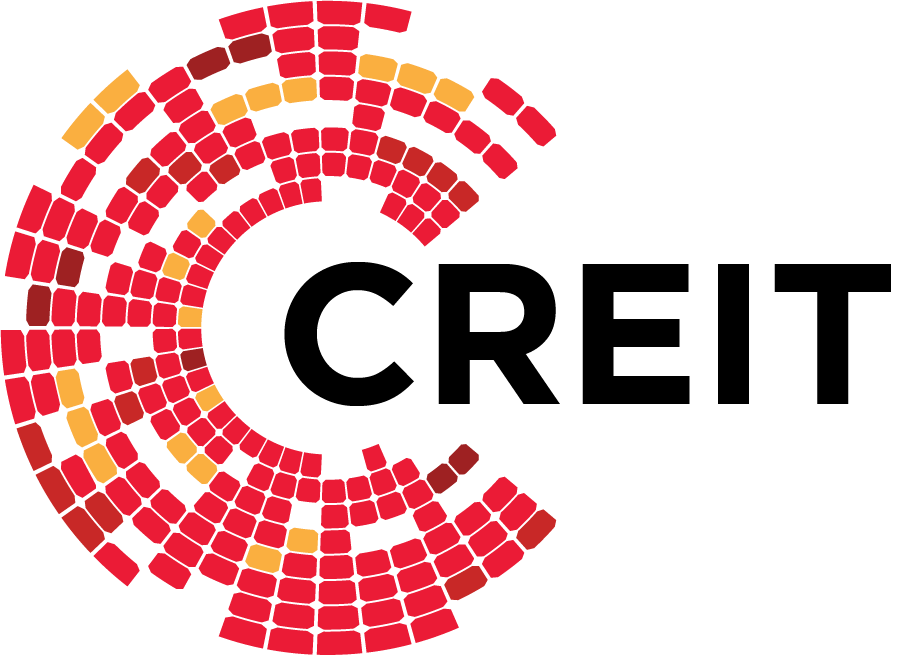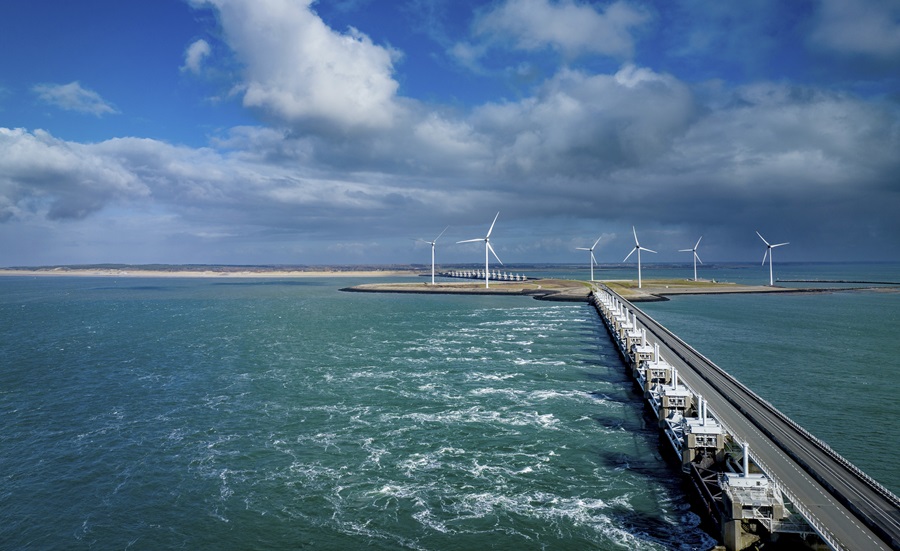Ever feel like we've been treating Mother Nature like an ATM, withdrawing resources here and there? Well, spoiler alert: the account balance isn't infinite. We have been on a bit of a spending spree with our planet's resources, and it’s high time to start saving wisely.
Introducing effective conservation practices is crucial to preserving our natural resources and safeguarding the delicate balance of our environment. By adopting sustainable habits now, we can pave the way for a healthier planet and secure a prosperous future. After all, wouldn't it be fantastic if we could keep the lights on, the gadgets buzzing, and the planet thriving for generations to come?
Everything you need to know about conserving natural resources begins right here. In this blog, we'll explore practical ways to conserve natural resources and reduce our ecological footprint. We’ll also discuss how each of us can play a role in preserving our planet's precious resources. Read on!
What are Natural Resources?
Natural resources are materials and substances that occur naturally in the environment and are valuable to humans for various purposes. They include everything from minerals and fossil fuels to water, air, and fertile soil. These resources are essential for sustaining life and supporting human activities such as agriculture, industry, and energy production. Managing natural resources responsibly is crucial to ensure their availability for future generations and to maintain the balance of ecosystems upon which life depends.
Types of Natural Resources
Natural resources are broadly classified into two main categories depending on their renewability:
Renewable Resources
These are resources that can be replenished naturally over time, either through natural processes or human intervention. Examples include:
- Sunlight: By leveraging solar energy technologies like photovoltaic cells and solar thermal systems, sunlight can be efficiently converted into electricity or heat. This energy can be utilized for water heating, space heating, and even cooling. Additionally, solar power not only offers clean electricity but also helps combat global warming and minimizes the environmental impact of fossil fuels.
- Wind: Wind is one of the most abundant and inexhaustible resources available. Wind turbines are typically installed in areas with high wind speeds, such as open plains, hilltops, and offshore locations. These turbines harness wind energy to spin a generator, which then produces electricity.
- Water: The primary use of water in energy production is through the generation of hydropower. This involves capturing the energy of moving water, such as rivers and streams, by channeling it through hydroelectric dams to produce electricity. Hydropower is a reliable and well-established renewable energy source with minimal greenhouse gas emissions. However, it can impact local ecosystems and requires careful planning to mitigate environmental effects.
- Natural Organic Materials: Natural organic materials are commonly utilized as biomass for energy production. Resources like wood, crop residues, and animal waste can be used to generate heat, electricity, or biofuels. When managed sustainably, biomass is a renewable energy source that provides a carbon-neutral alternative to fossil fuels.
Non-renewable Resources
These are finite resources that cannot be easily replaced once they are depleted. Examples include:
- Fossil Fuels: Fossil fuels like coal, oil, and natural gas are formed from organic matter over millions of years. They're essential for global energy production but contribute significantly to air pollution, climate change, and environmental degradation.
- Minerals: Minerals such as iron, copper, and gold are extracted from the Earth's crust through mining. They're critical for industrial processes, construction, and technology but are finite resources that require careful extraction and management.
- Nuclear Energy: Nuclear power uses uranium or other radioactive materials for nuclear fission, generating electricity. It provides a reliable energy source with low greenhouse gas emissions but poses risks such as radioactive waste disposal and potential nuclear accidents.

Why Conserve Natural Resources?
Conserving natural resources is crucial for maintaining the balance of our ecosystem. Natural resources, such as water, minerals, forests, and fossil fuels, are finite and depleting rapidly due to overuse and exploitation. By conserving these resources, we ensure that they remain available for future generations, thereby promoting sustainability and the health of our planet.
Conservation also helps mitigate the impact of human activities on the environment. Excessive extraction and consumption of natural resources lead to habitat destruction, loss of biodiversity, and pollution, which in turn contribute to climate change and environmental degradation. By adopting conservation practices, we can reduce our ecological footprint and preserve the natural habitats that countless species depend on for survival.
Economically, conserving natural resources can lead to more efficient use and management, reducing waste and lowering costs. For instance, energy conservation through efficient technologies and renewable energy sources can decrease dependency on expensive and polluting fossil fuels. This not only supports economic stability and growth but also fosters innovation in sustainable practices and green technologies, creating new industries and job opportunities.
6 Ways to Conserve Natural Resources
Conserving natural resources is essential for maintaining ecological balance and ensuring sustainable development. Here are several strategies to conserve natural resources:
Reduce, Reuse, Recycle (3Rs)
Minimize waste by using less and choosing products with less packaging. This also involves finding new uses for items instead of discarding them. Finally, recycling involves processing used materials into new products to prevent waste and reduce consumption of fresh raw materials.
Energy Conservation
Choose appliances with high energy efficiency ratings. To do this, consider investing in solar panels, wind turbines, or other renewable energy sources. On the other hand, start implementing energy-saving practices. Turn off lights when not in use, use LED bulbs, and insulate homes to reduce heating and cooling needs.
Water Conservation
Repair dripping faucets and leaking pipes, use low-flow showerheads and toilets, and practice water-saving habits. Turn off the tap while brushing teeth, take shorter showers, and water gardens during cooler parts of the day.
Sustainable Agriculture
Alternate the types of crops grown to maintain soil fertility, use natural fertilizers and pest control methods, and integrate trees and shrubs into farming systems for ecological and economic benefits.
Forest Conservation
Conversation initiatives include planting trees to restore degraded lands and expand forest cover, as well as enforcing controlled logging practices. Moreover, advocate for the protection of natural habitats to conserve biodiversity and prevent deforestation.
Innovative Technologies
Implement advanced technologies for efficient energy distribution and use. In addition, go green by embracing sustainable materials and energy-efficient systems.

Help Conserve Natural Resources by Investing in Renewable Energy Platforms Like CREIT
Our natural resources are the lifeblood of our planet, providing the energy and materials that fuel our daily lives. Yet, as we face the realities of climate change and resource depletion, the need to conserve these vital assets has never been more urgent. By investing in Citicore Energy REIT Corp. (CREIT), you can play a pivotal role in this global effort.
Investing in renewable energy allows you to contribute to the conservation of natural resources while achieving financial growth. Renewable energy sources such as solar, wind, and biomass reduce our reliance on finite fossil fuels. Your investment helps fund projects that harness these sustainable resources, ensuring a healthier planet for future generations and providing you with a stable and promising financial return. Join us in making a positive impact on our planet and securing your financial future.


